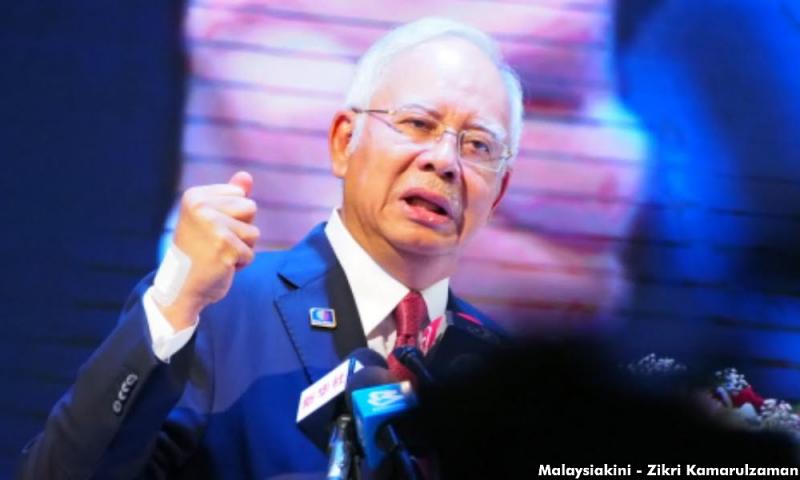The perception that the Trans-Pacific Partnership Agreement (TPPA) is a form of colonisation by United States of America and the big powers is totally untrue, declares Prime Minister Najib Abdul Razak.
The reality is that Malaysia's participation in the TPPA considered the significance of the agreement and the long-term returns to the country and the people, Najib stressed.
"The TPPA will open up more avenues to Malaysians to explore new markets in TPPA countries especially America, Canada, Mexico and Peru," he said in his jottings on Facebook.
Najib also commented that the free trade agreement (FTA) and the foreign direct investment (FDI) were not new things to Malaysia.
Malaysia, he said, had already signed the FTA with other nations such as Japan, China, South Korea, India, Pakistan, Chile, New Zealand and Australia.
Therefore, he said, no party should assume that the TPPA would potentially be mortgaging the country to the super powers.
Malaysia had never been forced or pressured into joining the agreement, he said.
"On the contrary, Malaysia's involvement in TPPA should be seen as part of the government's responsibility to ensure the country remains competitive in the global economy," the prime minister added.
'Malaysia only nation debating TPPA'
Najib said of the 12 countries which would be signing the TPPA, Malaysia was the only one presenting it to the Parliament for debate and ratification.
"Thus, it is clear that the country adheres to the principles of democracy, by ensuring that the people's views and concerns pertaining the TPPA are taken into account before it is signed," he said.
Recognising the positive impact of the TPPA on the economic development and trade, Najib said the other TPPA leaders also welcomed the agreement.
"As such we should see the plurilateral trade liberalisation as a positive development, rather than a threat to the global trade system, " said Najib, who is also finance minister.
Compared to previous free trade agreements, he said, TPPA took into account the specific issues of interest to Malaysia by allowing exceptions in cases such as bumiputera rights, government takeover, state-owned companies and others.
'Not a binding contract'
In addition, he said Malaysia has the leeway to withdraw from the TPPA by giving a written notice of six months.
"So TPPA is not a binding contract. In the event that TPPA is seen to be detriment to the country, Malaysia as a sovereign state has the right to withdraw from the agreement, " he said.
Elaborating further, Najib said the free trade agreements such as the TPPA could not only open up markets for products and services, but could also potentially help develop businesses, create more job opportunities as well as provide more choice of products which were cheaper to Malaysians.
"The good response to the TPPA by other nations clearly showed that they agreed that this agreement was the best opportunity to improve and spearhead the country's economic growth.
The motion to decide Malaysia's participation in the TPPA will be tabled in a special parliamentary sitting today.
- Bernama






